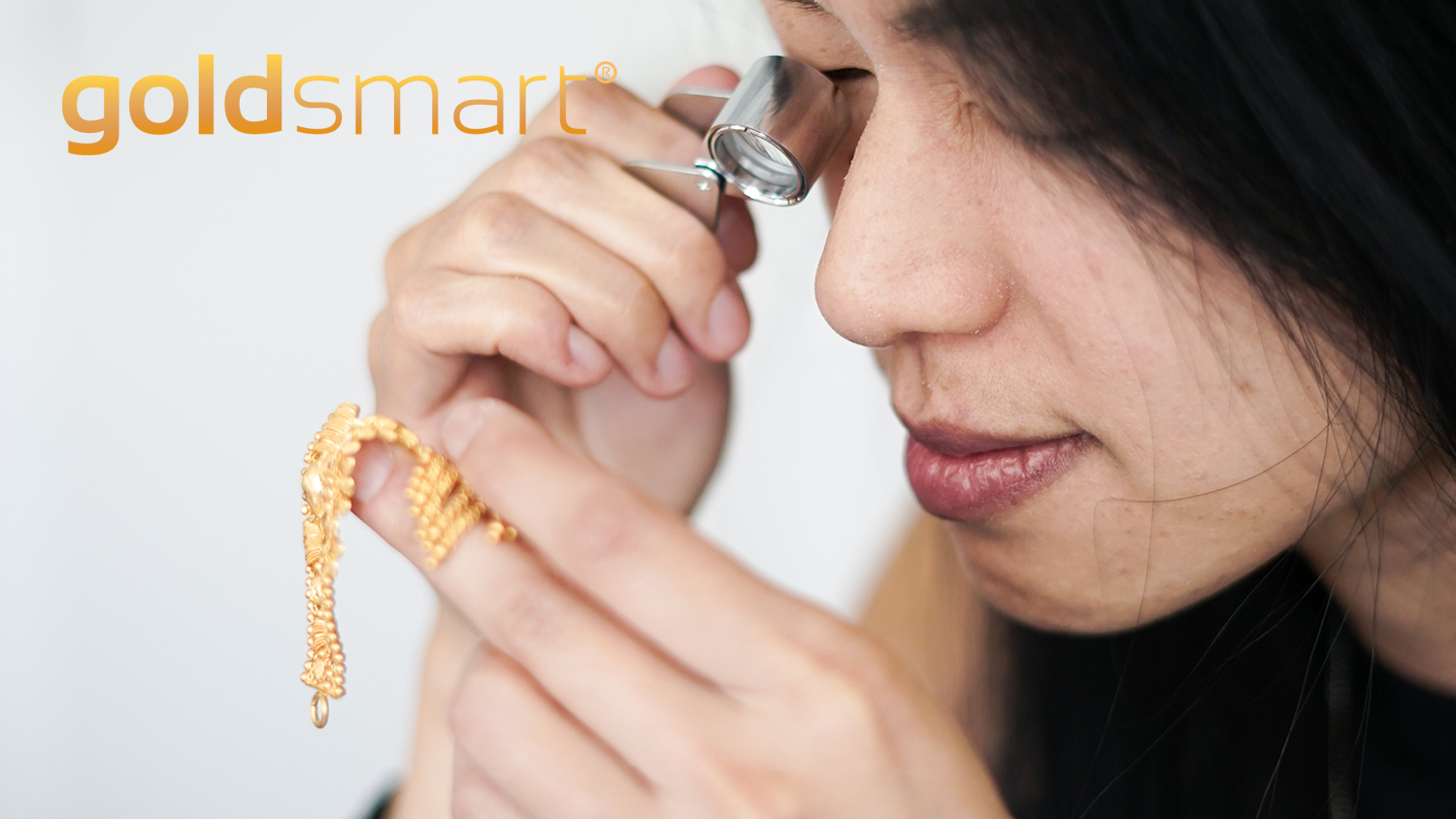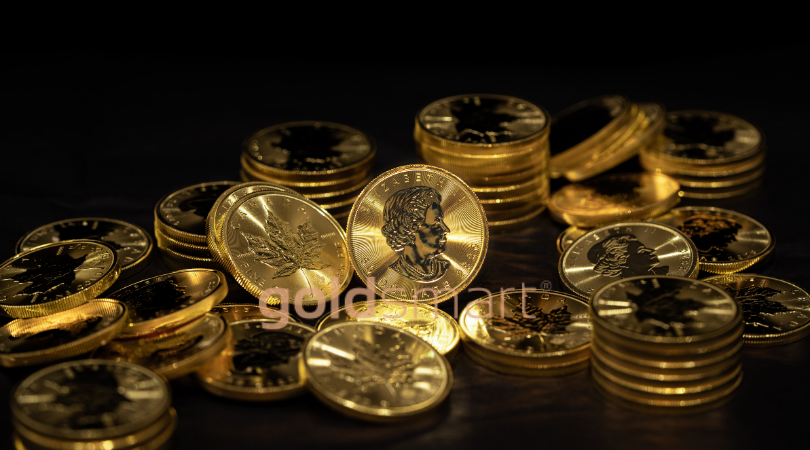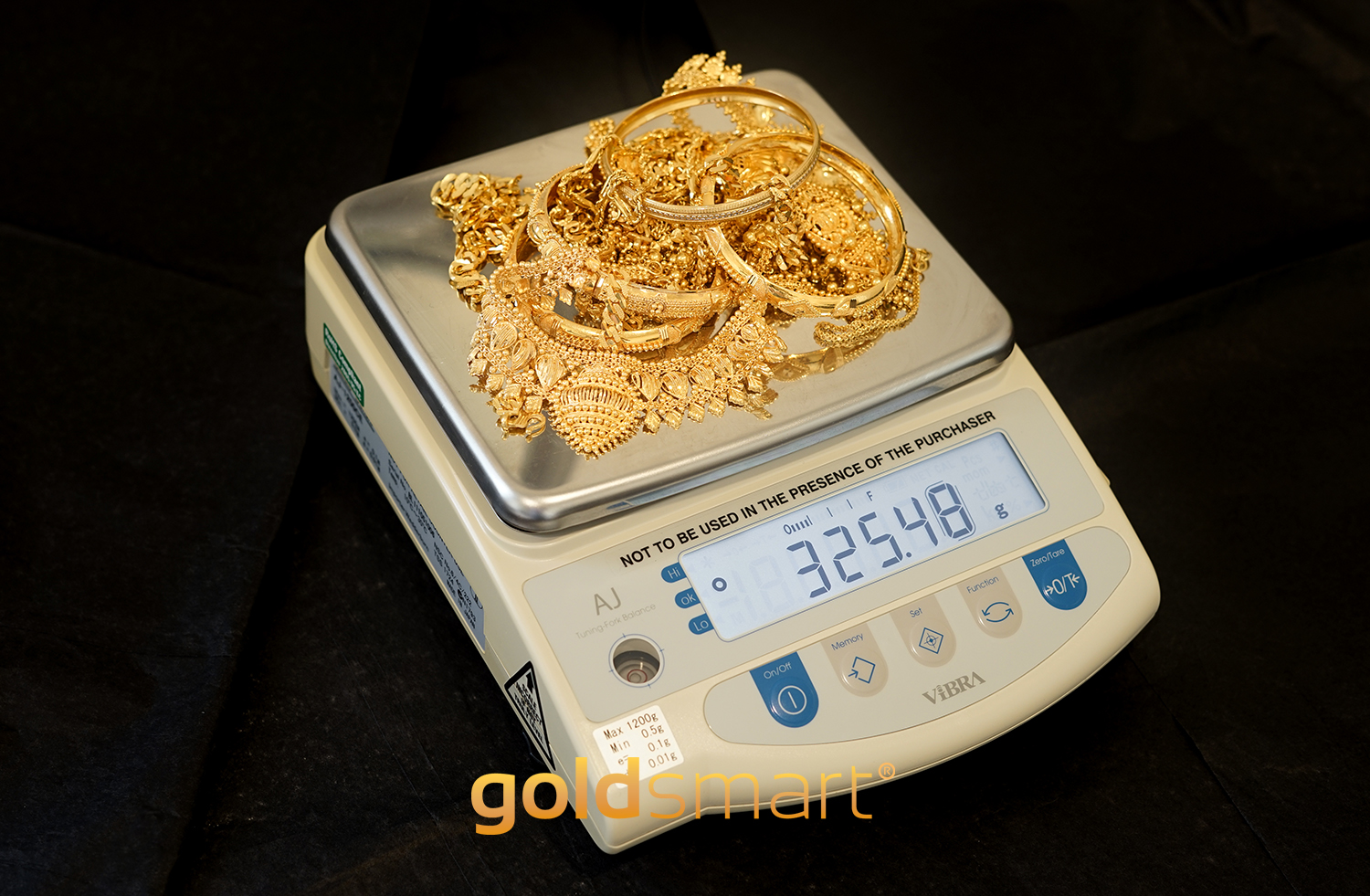
At a time when gold has become so valuable in today’s prices, there are an incredible number of New Zealanders and people around the world considering the idea of letting go of their gold, and for good reason. With the price point as high as it is, 2021 and forward continues to be a good time to liquidate gold for ready cash. All the dynamics are in place: the demand for gold remains high and is increasing, the production of new gold is at an all-time low on the industrial side, and gold speculation and investing continues to increase the price overall. The current combination of factors has produced a price point in gold that is both historical as well as extremely lucrative for anyone who has held gold for a number of years.
What Can Sell?
Essentially, anything that is made of solid gold is viable for selling as recycled gold back to a gold buyer. “It’s simple – gather up any old gold jewellery you may have (including any broken gold, mismatched pieces, broken gold chains, single earrings, etc) and bring them to Goldsmart. A Goldsmart expert will weigh and test each item and calculate a price for you on the spot for your old scrap gold.” – says Anita from Gold Smart.
As stated in the quote above, the opportunity to sell gold is available and present, and it does not matter whether a jewellery item is broken, a coin is scratched or the gold is in the form of a raw nugget. If it is pure gold, it can be sold and translated into regular New Zealand dollars for the personal seller involved. That said, the process is as simple as just show up, punch a ticket, and walk out the door with a wad of cash. Selling personal gold involves a bit of a process, and every personal seller should be prepared and have done his or her homework to understand what is involved.
Too often people went to the nearest source available and found that selling gold in these avenues was less than desirable. Many customer stories exist about how folks have walked away from the most immediate and present form of gold buying in small corner store shops, describing how dirty and untrustworthy “pawnshops” and “secondhand dealers” seem to be (not to mention many have been treated rudely even by “reputable” retail jewellers and jewellery shops). What becomes clear is that the majority of these outfits are out to get second-hand gold as cheaply as possible, almost always at the expense of the consumer. Interestingly, this experience is not limited to New Zealand by any means. Folks in Europe and the U.S. face similar challenges when trying to sell their personal gold, oftentimes running into the same risks and the same rude behavior from their respective resources as well. So, what is it about selling gold that creates this problem?
The reason is probably worthy of a good anthropology study or similar in social psychology. Fundamentally, selling one’s jewellery still tends to have a social stigma to it in many cultures. Ironically, jewellery and gold have also been socially recommended for holding personal wealth and value to utilize during challenging times. So, society has a bit of a contradictory view towards gold and jewellery changing hands. However, the issue persists, and as tattoos, it has only been in recent years that society in New Zealand and elsewhere have become far more accepting of the idea that one’s personal jewellery is just as liquid as holding public company stocks for investment. As a result, the avenues for selling gold jewellery for decades have been limited, with many people resorting to pawn shops and similar because they don’t know where to go for a more reputable channel.
At a practical level, however, any type of real gold can be sold for cash. The key is not to act on impulse when deciding what pieces to sell. You don’t want to sell a precious family heirloom that other relatives may want to hold onto. However, you may have a number of gold pieces that are not in use. Examples of saleable gold include:
- Gold wedding rings no longer needed due to divorce or separation
- Class rings from school that haven’t been worn in a decade or longer
- Gold earrings and necklaces, including those that might be missing a pair or broken
- Bullion bars
- Gold rounds and government-issued coins
- Gold commemorative coins for special events, competitions, or medals
And, do not forget, gold does not have to be in a superior condition to sell it. Gold jewellery that has been broken, dented, or scratched can also be sold for scrap. It will still achieve the same price point and value as other gold of the same carat quality. Even gold tooth fillings can be melted down.

The Initial Gold Selling Process
The first step in selling gold starts with the personal seller, not a gold buyer business. As a personal seller, you are most familiar with what you have for sale. That means you have gone through the steps of looking around your home and belongings to identify what is likely to sell as second-hand gold for recycling and scrap. The terms might seem to infer your gold is junk, but that’s the farthest thing from the truth. In fact, most people have some kind of gold sitting around at home, even in a small amount, that could probably be sold for cash if brought in.
Once collected, your next step is to sort it as much as possible. Plastic sandwich bags or small plastic food containers are good for this. Allocate one container for each type of gold. Assume you will need at least five containers, and size them according to what your total inventory looks like. Obviously, if you only have one or two items, then this step isn’t necessary, but some folks have 10 or 15 items when they really go looking.
Next, examine each piece. It helps to have a magnifying glass available since the symbols can sometimes be very small. Look for markings, stamps, and hallmarks on your gold. This is most apparent in gold jewellery. If present, you will see writing or stamps that identify the carat of the gold (i.e. 10k, 12k, 18k). If you have these, sort them in similar piles so the jewellery items with the same carat symbols are all together. If you have jewellery without any markings but you know it’s gold, just put that in a miscellaneous pile. Some jewellery has number codes instead of carat symbols. Use the Internet to interpret these. For example, 999 is pure 24 carat gold, the highest quality. 750, on the other hand, would be 18 carat gold. Find a good reference charge online and then compare the numbers with the chart. Sort your gold accordingly. Where you have bullion bars or coins, many times these state the gold quality on them with stamps or lettering. If the coin does not, however, then look up the type of coin and its history. Most folks can find references on a gold coin in about 10 minutes with a regular online search. Again, sort your gold in piles for the relevant quality.
Weighing your gold in your relevant groups comes next. If you have a personal scale, this is helpful. It is not an exact science, but you will have an idea of how much gold you have in content when complete. Take a reading of your combined gold weight for each group with known quality. Remember, though, this weight reading is in standard measurement (English or metric), usually grams. You still need to convert it to a Troy ounce standard. The conversion rate is one troy ounce is equal to 31.1034768 grams. Calculate your weight to the conversion, and now you have the number of troy ounces to determine your rough gold worth.
When finished, write down your inventory as a checklist, and then package everything up. You now have a good reference for what your gold is worth on the open market in comparison to what a buyer offers. Remember, you won’t get the actual market price as businesses need a margin to operate with, but you should be within the ballpark. An offer that is outrageously less isn’t worth considering from anyone.
Now you are ready to contact a gold buyer.
The Buying Process
Every gold buyer worth their salt is operating as a for-profit business. There are plenty of private buyers, but if a personal seller wants to be working with a reputable channel, it should be with a licensed business. That said, even pawn shops and payday loan offices are technically licensed businesses, so one still has to be careful choosing the right buyer to work with.
Gold buyers typically take in customers one of three ways. First, they deal with a personal seller in person. The seller goes into the office or store, brings the gold, and physically presents it, and the gold buyer goes through each piece and evaluates it. Then an offer is made. The second method is through courier. The personal seller sends the gold to the gold buyer’s address, the gold buyer evaluates each piece on receipt, and then makes an offer in writing or by electronic communication. If agreed to, the gold buyer sends back a payment. If not, the buyer sends the gold back at the shipping expense of the seller. Finally, there is the proxy sale. This involves a third party representing the personal seller, which essentially works the same way as an in-person sale, just using a third party as a representative for the personal seller.
Once the sale is complete, the personal seller is paid in ready cash (NZD $s) and there is no further commitment.

Gold Selling Benefits
Getting cash quickly is one of the main reasons people decide to sell gold. Unlike other items you may want to sell, there are always gold buyers willing to pay a cash price for your gold pieces. The money you make can either go towards a large purchase such as a house or a car down payment or used to travel. Gold bullion and rounds are often given as gifts, so they are perfect to sell later on for a major expense like college tuition or a big travel adventure.
For those who have held onto gold for a long time or have inherited gold or been gifted it by someone who did the same, that precious metal could be worth quite a bit of cash. Remember, gold was worth only $180/ounce back in 1974. Its price today has considerably risen since then and historically continues to keep going up.
Selling old, unwanted gold for a current price point can be a great way to translate someone’s gift or inheritance distribution into a really useful, practical benefit for you today. That could be in the form of a home downpayment, a car downpayment, a home renovation, education costs or tuition payment, a new computer, or even a new home entertainment system. Since the gold sold becomes regular currency, what it’s used for really just depends on what you want to do with the investment gain paid out. You could even take the cash and invest some of it in cryptocurrency to ride the new digital investment wave occurring online.
However, to get to these benefits, a personal seller first needs to work with a reliable gold buyer. That is where Gold Smart comes in. As one of New Zealand’s most established and well-respected gold buyers available to consumers, Gold Smart provides folks the safest, most reliable channel for converting precious metals into cash. Because Gold Smart works as both a consumer buyer and a consolidator, the company has the ability to provide some of the most objective, fair pricing for second-hand gold available in New Zealand. And, unlike the problem found in pawn shops and similar, Gold Smart has no need or desire to play games with people. Instead, the Gold Smart buying team focuses on steady supply, protecting consumers and customers, and maintaining long-term relationships to ensure ongoing intake of personal gold. That policy has turned Gold Smart into one of the best in-person and courier-based gold buyers in the country.
If you think it is time to liquidate some of your personal gold for cash, pick up the phone or get online with Gold Smart to understand your options and possibilities. The Gold Smart team has no problem answering questions and will walk first-time personal sellers through every step of the process, including gold-selling education and valuable tips. There is never any pressure to sell as Gold Smart puts your customer relationship first, not last.